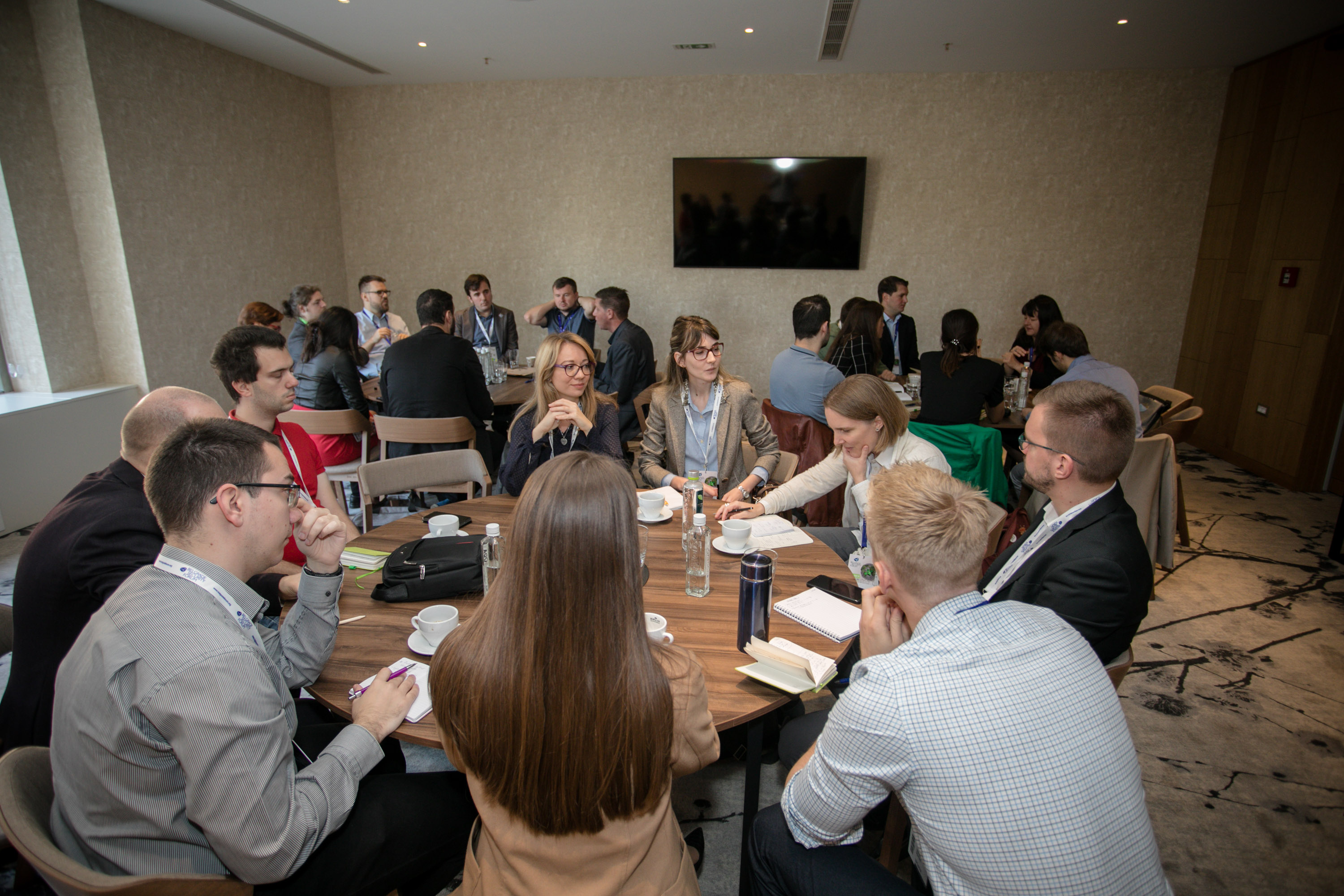Call for Papers: State Capture and Security
The organizers of the Belgrade Security Forum (BSF) are pleased to invite you to submit papers for this year’s Academic Event. The Academic Event will traditionally take place on the first day of the Belgrade Security Forum (October 21-23, 2020).
State capture became increasingly relevant in the democratising world after 2000. The concept was introduced to describe the private interest’s capture of public funds and state prerogatives (Hellman et al. 2000a; 2000b), but was later transformed into a kind of synonym for any sort of political corruption that involves “the appropriation of state resources by political actors for their own ends: either private or political benefit.” (Grzymała-Busse. 2008). The concept has been used mostly to analyse unintended consequences of liberalisation and democratisation in the Global South, the most recently in the widely publicised case of South Africa (Chipkin et al. 2018). In addition to this, scholarship on Central and Eastern Europe, including the Balkans, has examined deterioration of democracy and simultaneous capture done by private actors and the established political parties that became implicitly tolerated by the EU officials during and in the aftermath of enlargement (Bieber et al. 2017, Richter and Wunsch, 2019).
Most of the academic literature deals with the examination of singular country cases or focus on most visible governance sectors such as economy, media and political sector, while, the links between security and state capture remain under-researched. The organisers of the Belgrade Security Forum want to use the Academic Event to open academic discussion on the links between state capture and security politics, as well as the possible contribution of literature on state capture to international relations. The overall aim is initiate the analysis of regional patterns and dynamics of state capture in world politics. The Conference Committee invites both contributions that analyse empirical cases or set of similar cases, as well as contributions that build links between different theories used to analyse state capture and security. The multi-disciplinary approaches and case studies of regional patterns or cross-regional comparisons are especially welcome.
As an inspiration, we propose authors to address following themes and questions, but also encourage them to explore other questions within the general topic of the conference.
Conceptualising State Capture:
- What is the added value of the concept of state capture in comparison to other concepts used to describe deficiencies of democracies and corruption?
- Does state capture matter for understanding inter-state relations and regional dynamics or it is confined to understanding of domestic politics?
- How is state capture influencing national, regional and international security?
- What analytical and methodological approaches are useful to the study of state capture?
Empirical case studies of State Capture and Security Sector Governance:
- What is the role of security elites in enabling or defending against state capture? What is their relationship to other actors involved in state captor? What are the insights for the literature on civil-military relations or civil-security relations?
- Is the security sector unavoidable target of state capture? Can there be successful state capture without capturing of security and justice institutions?
- How are security institutions captured? Which parts of security sectors are the main target of state capture? How could the differences across countries and regions be explained?
- How is security sector abused to capture other segments of governance or society?
- What are domestic consequences of state capture of security sector and public trust in it?
Security Politics and State Capture:
- What are the narratives and symbolic practices used to legitimize state capture? What is the role of security related narratives and construction of threats for legitimization of state capture? How the narratives and symbolic practices used to legitimize state capture influence trust and peace within and between societies?
- What kind of political process in larger context contribute to state capture? What are key external and internal processes that enable state capture? Are they related to transformations within global and regional security orders?
- How has Europeanisation effected state capture and security of accession countries?
Institutional Design and State Capture
- Are there any effective institutional responses and remedies to state capture by domestic or international actors?
- Is traditional concept of rule of law that relies on three branches of government capable to fight state capture?
- The fourth branch of government and state capture: what kind of overseeing institutions should be strengthened to reduce adverse effect of state capture?
Application process
Participants will be selected based on the quality of their paper proposal. All submissions are required to include the applicant’s CV (up to 2 pages) attached to his/her paper proposal (up to 400 words). Submissions should be made electronically to academic@belgradeforum.org with the subject line: “CfP BSF 2020” by the deadline of 30 April 2020.
All successful candidates will be contacted by the end of May 2020. Incomplete applications will be excluded from our review.
WHY APPLY?
- The organizers will fully cover travel and accommodation expenses of selected participants for the entire duration of the Forum (Oct. 21-23, 2020).
- After the Forum, all selected papers will be peer-reviewed for a Special Issue of Journal of Regional Security guest co-edited by Ms. Sonja Stojanović Gajić, Member of Executive Board of BCSP and Mr. Dušan Pavlović, Associate Professor at Faculty of Political Science, University of Belgrade.
For any inquiries, send E-mail to academic@belgradeforum.org








